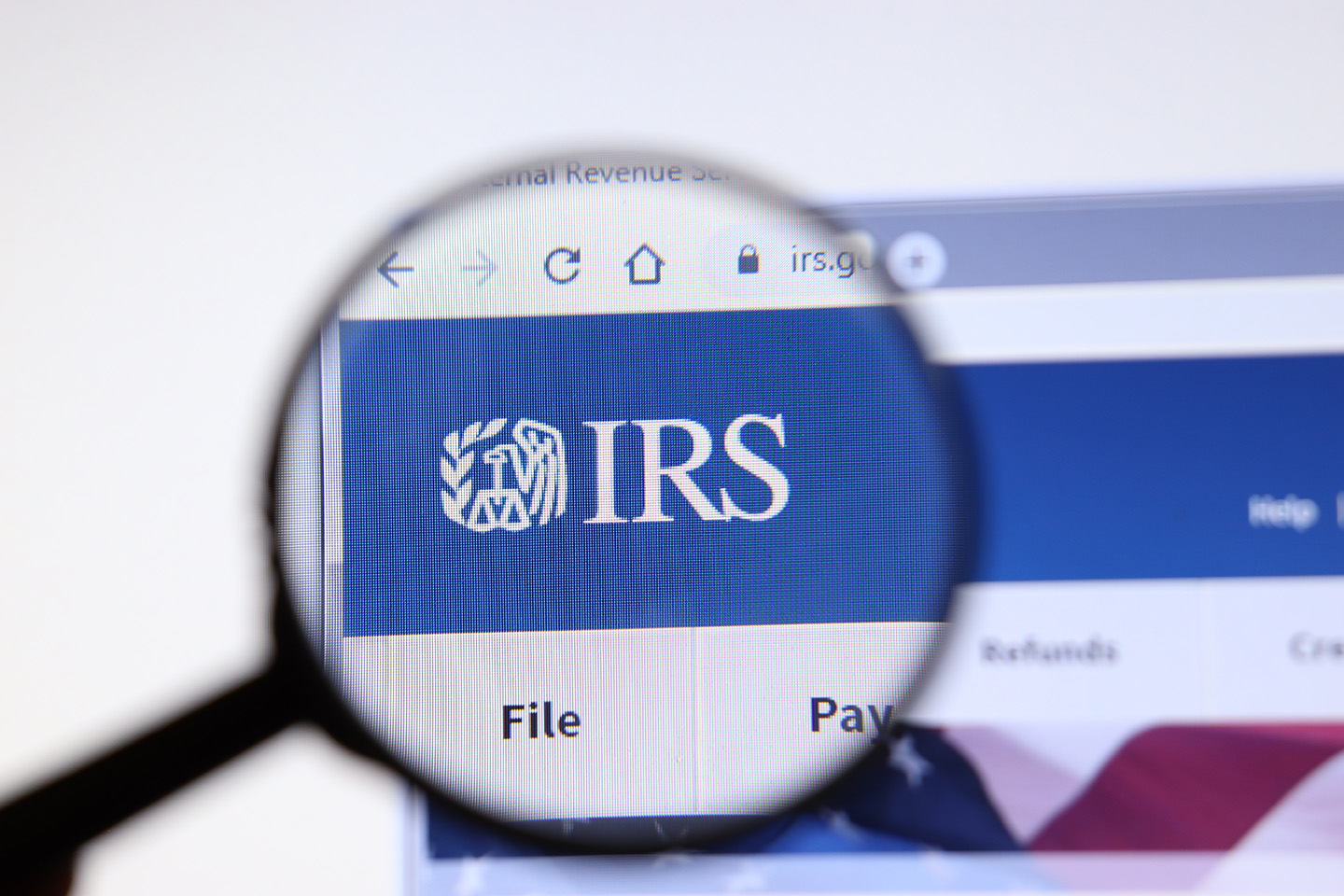The IRS is hitting the road, targeting high-income earners who haven’t filed federal income tax returns or paid taxes for 2018 or previous years. The agency estimates that billions are lost in tax dollars from these non-filers. The goal is to collect and the IRS intends to do this through personal visits.
The visits, part of a campaign known as “High Def,” are unscheduled and unannounced but come after multiple IRS notices which received no response. Approximately 800 visits are planned over the next two months, with thousands more likely throughout 2020. There is no specific geographic area.
When Did This Go into Effect, and Who Does the IRS Consider “High-Income”?
The official notice of this program was made on February 19, 2020 (Bulletin (IR) 2020-34). The bulletin alerted taxpayers that the IRS has recognized that there is a substantial underreporting of tax returns and tax due for individuals making more than $100,000 of income.
The IRS issued the following facts and figures from the fiscal year 2018 to support its claim:
- 4 million taxpayers failed to file a tax return for 2018
- 8 million are businesses
- 6 million are individuals
- Individual non-filers account for a tax loss of $37.5 billion
To deal with this issue, the IRS will use data analytics methods normally reserved for its Criminal Investigations Division
- The data analytics will trigger a list of taxpayers who make more than $100,000. This list will be assigned to the IRS Collections Division.
- An IRS Revenue Officer (RO) will then be required to make a “face-to-face” visit with the taxpayer.
For non-filers with foreign income and asset reporting issues, the IRS is coordinating this domestic “High-Def” program with its “High-Income Non-Filer” International Active Campaign.
The Goal is to Promote Filing of Returns—Penalties May Range from Fees to Prison Time
The primary goal of the High Def program is to bring the taxpayer into compliance for un-filed tax returns and unpaid tax. However, the RO has the discretion to assess late-payment and late-filing penalties for all years within the Statute of Limitations that have not been filed.
The RO also has the discretion to refer the taxpayer for criminal investigation under Internal Revenue Code (IRC) Section 7203. This section of the code allows the IRS to prosecute taxpayers for failing to file tax returns with a penalty of $25,000 and up to one year in prison. For multiple years or a pattern of non-filing, the IRS can increase the prison sentence recommendation for up to five years.
If You Have Procrastinated in Filing Your Returns, What Can You Do?
In general, you can minimize any serious consequences by voluntarily fixing your situation before the IRS targets you. The IRS is urging taxpayers who have domestic tax issues to use the IRS Voluntary Disclosure Program or an equivalent program depending on their facts and circumstances. For taxpayers with unreported foreign income or assets, you should consider one of the various IRS Offshore Amnesty Programs, such as Streamlined Filing. The use of these programs can significantly reduce penalties and other negative results.
Seek Professional Assistance
The IRS offers various programs to fix prior non-filing of tax returns. It’s important to understand your options and the pros and cons of different approaches because these can have a big impact on your final filing requirements, penalties, and overall cost. It’s for these reasons we highly recommend that anyone needing to file late returns seek professional help from specialized CPAs or attorneys.
If you need assistance, we can help. At The Wolf Group, we have been practicing in the area of Voluntary Disclosure, whether domestic or foreign, since 2009. We have extensive experience in this area and regularly perform these services. Our goal is to create a clean submission with a rock-solid audit file and a clear path to compliance as a trusted advisor. We offer complimentary discovery calls for individuals who need help preparing late tax filings.



